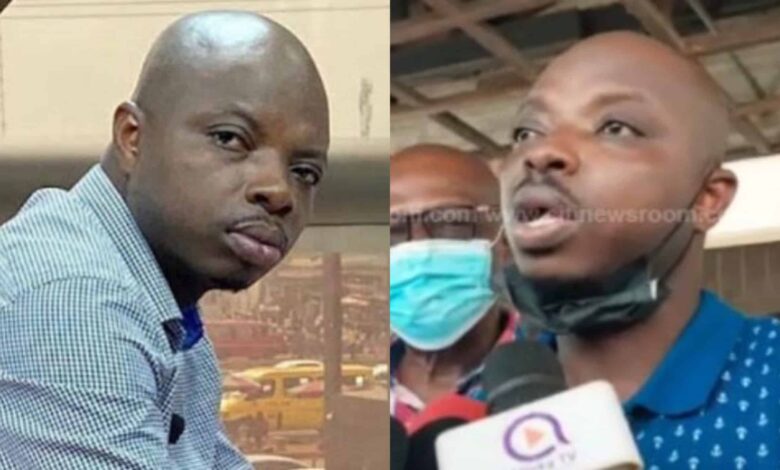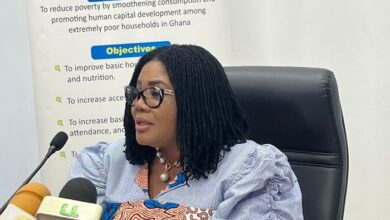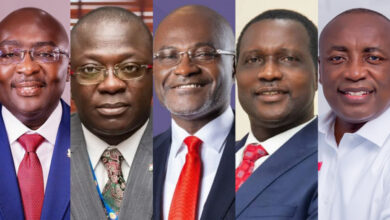Judge Cites Animal Farm In Refusal To Grant Bail To NPP’s Abronye DC

The Bono Regional Chairman of the New Patriotic Party (NPP), Kwame Baffoe, popularly known as Abronye DC, has been denied bail by an Accra Circuit Court in a decision that has sparked debate within Ghana’s legal and political circles.
Presiding judge Samuel Bright Acquah on Friday, September 12, 2025, adjourned the case to September 19 after declining a bail application for the outspoken party executive, who is currently facing two charges of misdemeanour.
In his ruling, the judge made reference to George Orwell’s famous allegorical novel Animal Farm, highlighting the inequality of individuals in practice despite the principle of equality before the law.
“Accused person before the court is facing two (2) charges of misdemeanours. However, in this instant case, the court will not look at only the charges being misdemeanour but will extend it to the position of the Inspector General of Police (IGP) to the country that is the head of the police service,” the judge said.
He added: “The words which came from the accused person are likely to put the security of the nation into disrepute. It is always said that all persons are equal but in practice, it is not so. Courtesy George Orwell in his book The Animal Farm, one of the commandments is that all men are equal but some are equal than others. Translated into this case, all men are equal but some are more equal than others.”
The judge’s reasoning has raised eyebrows among legal experts, with some questioning the appropriateness of relying on a literary reference rather than strictly legal grounds in deciding a bail application.
Abronye DC was arrested on Monday, September 8, and subsequently remanded into police custody for one week as prosecutors requested more time to continue their investigations.
His legal team had argued that the offences levelled against him were minor and that he posed no flight risk.
[monsterinsights_popular_posts_inline]
The case continues to attract significant public attention, not only because of Abronye’s position within the ruling party but also due to the unusual judicial reasoning that has now become a subject of national discussion.





